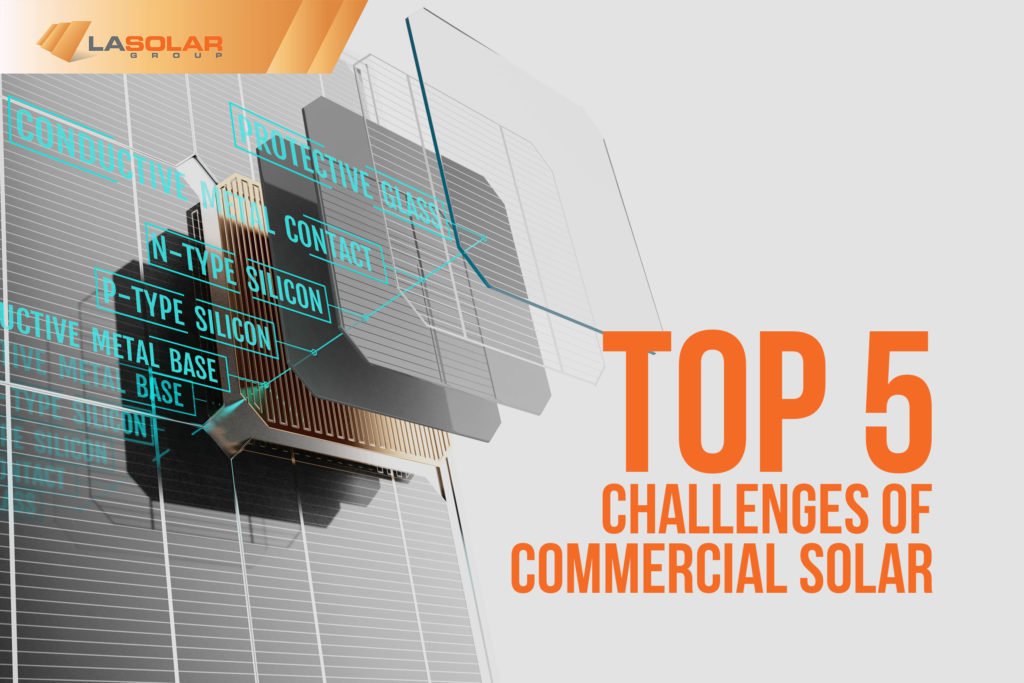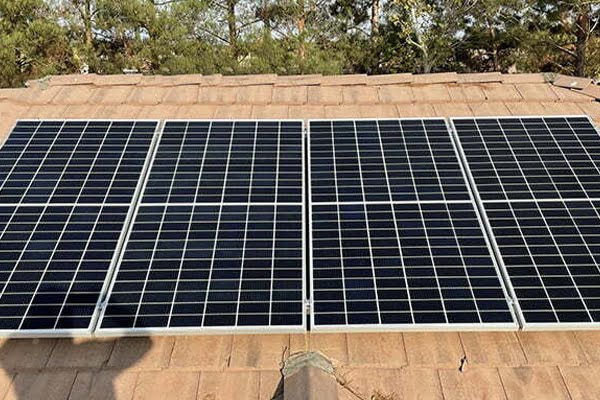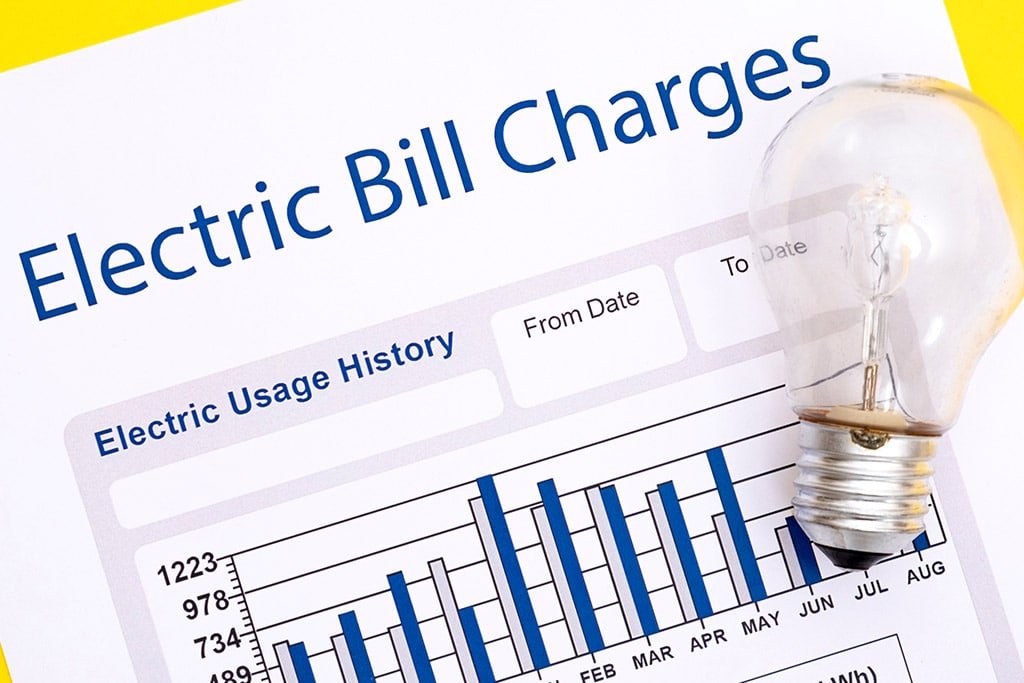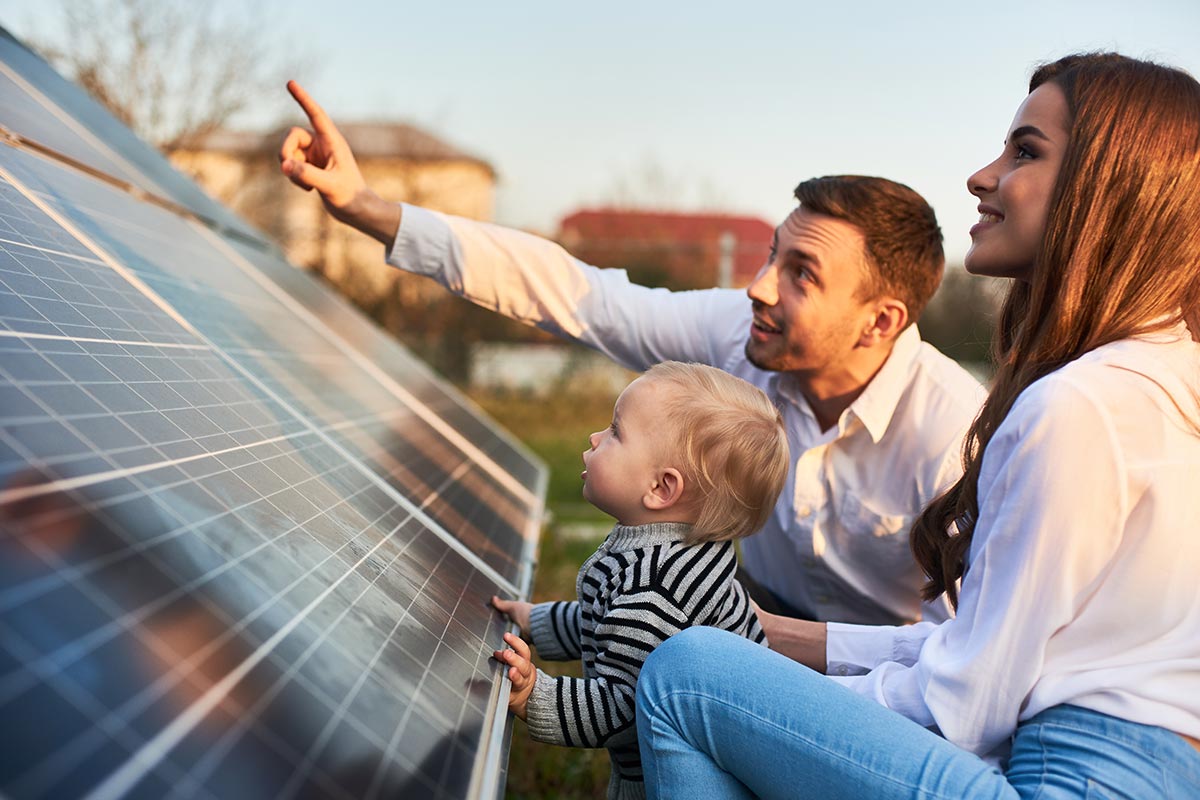It is not a secret that solar panel installation is permanently gaining popularity and high demand among consumers. This renewable energy solution became so popular due to the many benefits that it proposes. Thus, you can gain benefits both for your budget and increase your real estate value. The photovoltaic system installation is profitable for individual residential owners and commercial and industrial property owners. It is a well-known fact that many business owners prefer PV system consumption for their manufacturing industry. And the reason is simple; in case of proper maintenance, it is an inexpensive and clean energy source, available for running massive factories and commercial buildings. Several factors are worth considering before switching to solar panel system maintenance for your commercial building.
Financing
The justification and purpose of each business are the income or capital. That is why the financial issue is one of the essential points for the customers who go solar for commercial or industrial reasons. For many business owners, the initial payment method is a matter of concern since they start a business to gain profit and are not quite inclined to big expenses. For you to imagine what I mean by “big expenses,” note that the average cost for a commercial solar panel installation can range from $50,000 to $500,000 depending on the system size. For instance, a 25kW PV system size installation will cost the buyer about $50,000, a 100kW system size will cost $200,000 and a 250kW – $500,000 in average. This is the average initial cost that can frighten some customers, especially those planning to take credit to start a business. A question arises: how can you purchase a photovoltaic system not to harm your capital?
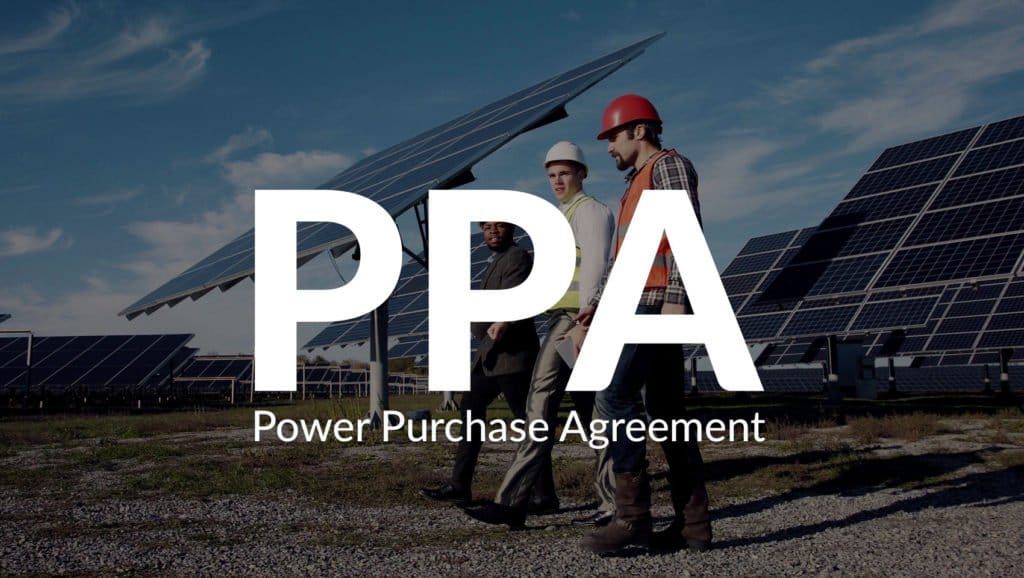
Cash is the most common way to make the purchase and also the one that will ensure you pay the lowest price. It leads to the shortest possible payback time for the business.
A PPA or Power Purchase Agreement is another option for you to consider. A PPA assumes a long-term contract or agreement that involves third-party retail that installs the solar panel kit on your commercial property. This third party becomes its legal owner and must ensure the proper maintenance of the system. In the scope of this agreement, he is obliged to sell you a certain amount of energy during the due date mentioned in the document. This method’s advantage is that you don’t have to pay any initial cost for installation and the monthly electricity fee is cheaper. At the same time, the disadvantage is that you will have to purchase all the electricity generated by the photovoltaic system despite your consumption needs.
There are currently other options for business owners suggested by different states, such as SBF Program. SBF or Small Business Financing is a program initiated for small business owners to promote newly created business development. It offers financing with a particular budget for the establishment of new industries or organizations.
The fourth variant is to loan a PV system from one of the solar panel installation companies of your choice. Like a PPA, this option allows you to utilize this renewable energy output without any prepayment. With the difference that it is the company that owns the system, but not you. That means it is the company that will receive all the incentives and federal tax credits from installation.
Monitoring and Maintenance
Another challenge for commercial business owners may be the issue of monitoring and maintenance. Just like the financial side of the purchase, this is essential. If you don’t have a PV system that ensures permanent monitoring of daily solar energy generation and electricity consumption, your installation expenses will not be justified. You must have this information up to date to keep track of power consumption and bring your expenses to the minimum. Many business owners prefer to assign this task to someone within the organization to keep the system monitoring up to date.
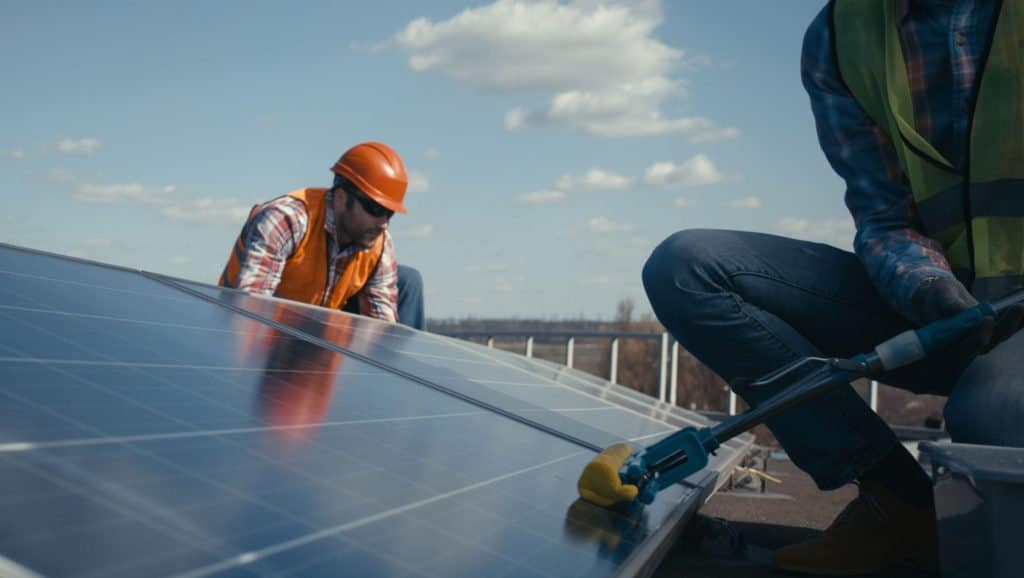
A maintenance schedule is also essential. Hence, a solar panel installation company must provide you with a maintenance schedule. As the PV system performance greatly depends on its cleanliness, regular washing of the solar panels is highly recommended. Since the job is dangerous, it is best to be entrusted to professionals, especially when speaking about a commercial photovoltaic system consisting of more than one dozen panels. Typically, this maintenance is required to be performed every six months.
Design and Layout
If, for residential installation, ten or twelve photovoltaic modules are sufficient to cover the house’s electricity requirements, things are different with commercial installation. Big business centers assume large installations. Large installations assume heavy systems that will perform severe pressure on a building’s rooftop. The physical inspection of the site and the structural engineering certificate is a must in this case. If your property rooftop does not meet the solar panel kits’ installation requirements, you can also consider a ground-mounted system. The disadvantage of ground-mounted systems is that they are not that cost-efficient as standard roof installations and require much more planning.
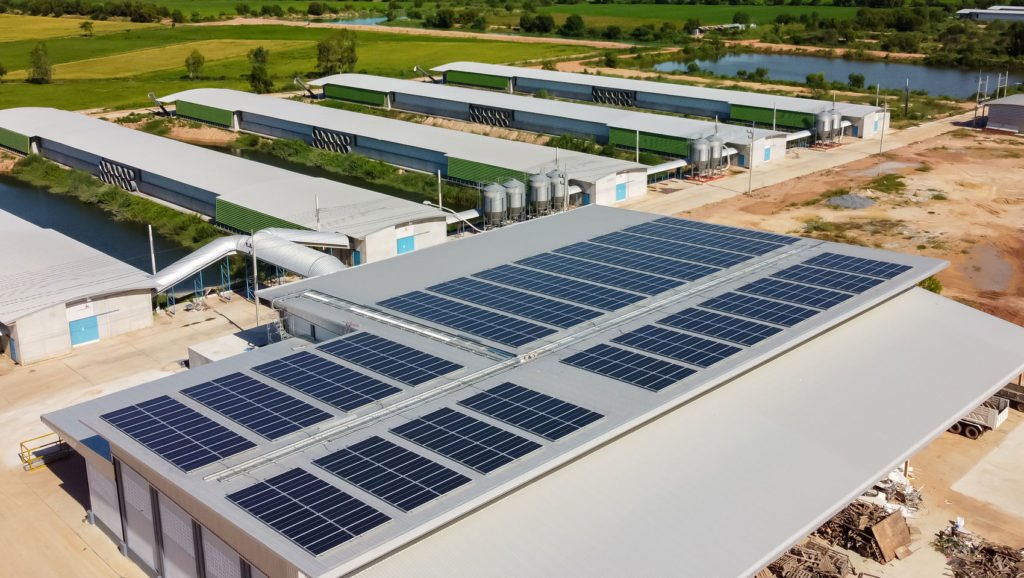
Costs and Paybacks
No wonder that you must research thoroughly before making a final choice of a company to go solar with. Although the fundamental logic of the PV system installation options is globally the same, it is highly recommended that you inquire and get a quote from at least three different solar panel installation contractors before making a final choice. I also suggest that you read very attentively all the terms and conditions offered to you in the scope of that document. By signing the contract, you are obliged to deal with all the conditions mentioned in it. So don’t hesitate to consult the specialists as much as you think you must to get the answers.
To get the most out of your contract, I recommend you make a detailed check of all the terms that it includes, paying particular attention to the contract expiry date. As some commercial premises have signed long-term contracts with their electricity retailer, this may affect future paybacks. Be mindful to consult your company specialists about all these to gain complete information about how exactly PV system installation will affect your tariff.
Another question is; how much does solar panel installation cost? Thus, an average high-quality commercial photovoltaic system will cost about $1,000 – $1,200 per kW. The installation process with micro-inverters or power optimizers will increase the price by about 15-20%. Here it is worth mentioning that using a string inverter would tangibly lower this cost. However, with string or central inverters, your system will not have the same reliability and monitoring options.
Inverters
As inverters are the “heart” of any solar system, I couldn’t skip the challenges concerning these devices. What do you need to know about commercial-sized solar inverters? Just like in the case of residential system installation, there are three types of inverters.
Micro-inverters or power optimizers
Large central inverters
Chained string inverters
Since the average cost of solar panel installation greatly depends on the type of inverters you choose, this issue also requires thorough research.
As I mentioned above, micro-inverters or power optimizers will add significantly to your system’s total price. However, this type of installation offers several safety features and performance monitoring options that you can’t get from the rest. Thus, you can have real-time remote control and system diagnosis at your disposal. This will allow you to detect any possible malfunction that can occur with your system. In the case of large commercial solar system, this will essentially simplify the monitoring and maintenance process.
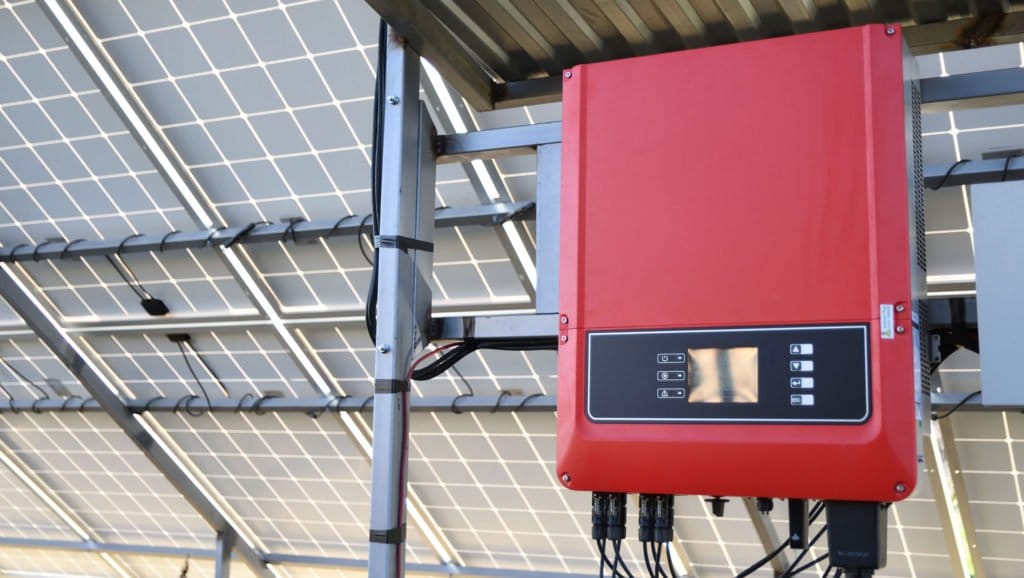
Since solar panel installation price also involves the cost of inverters be mindful when making a final choice. Although large central inverters are more cost-effective, they don’t tend to have the same demand and popularity in commercial systems. The explanation is simple; central inverters are not that reliable. There are many performance limitations with these devices that will significantly lower your PV system’s overall performance. As the commercial system requires a large array of photovoltaic modules to be interconnected, these devices limit the range and design opportunities unless you have a ground-mounted system installed. Here chained string inverters are even more preferable. Many people tend to install a combination of several residential string inverters giving the design flexibility. Like in the case of micro-inverters and power optimizers, this type of connection assumes some independence. Thus, if with a large central inverter your whole system is dependable to one device, with a chain of string inverters, this problem will not occur. And again, this kind of system layout will comparably lower your solar panel installation cost.
Author of a publication: Helen Kocharyan


